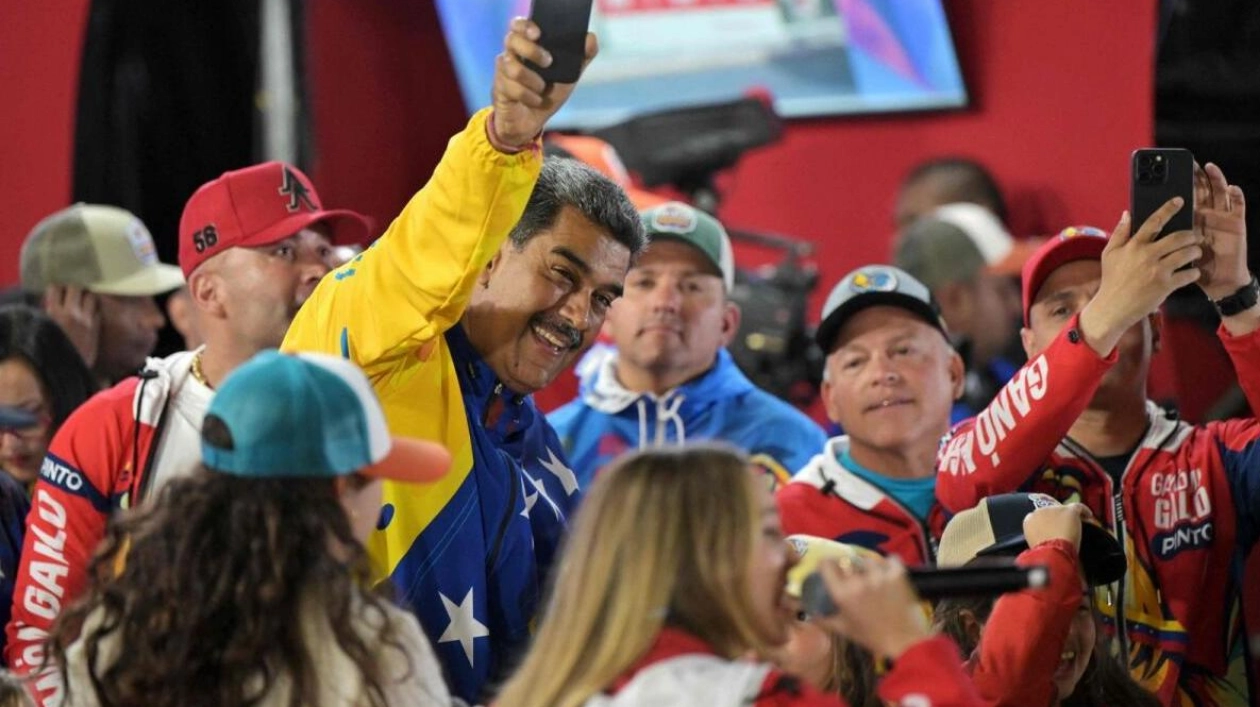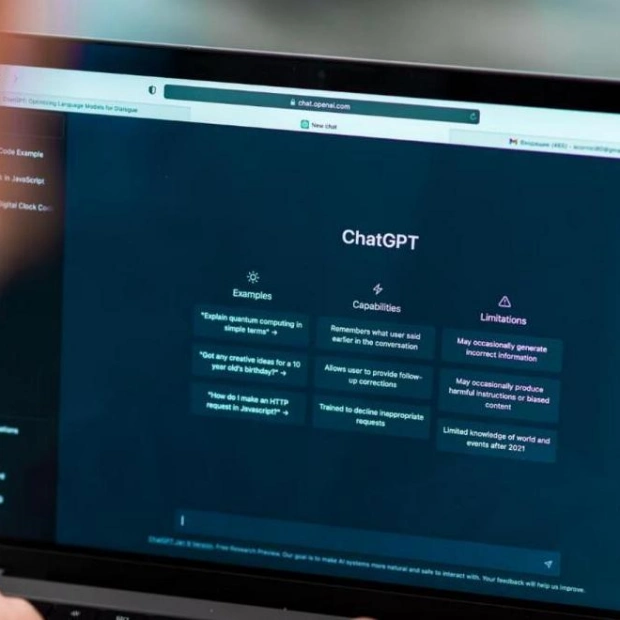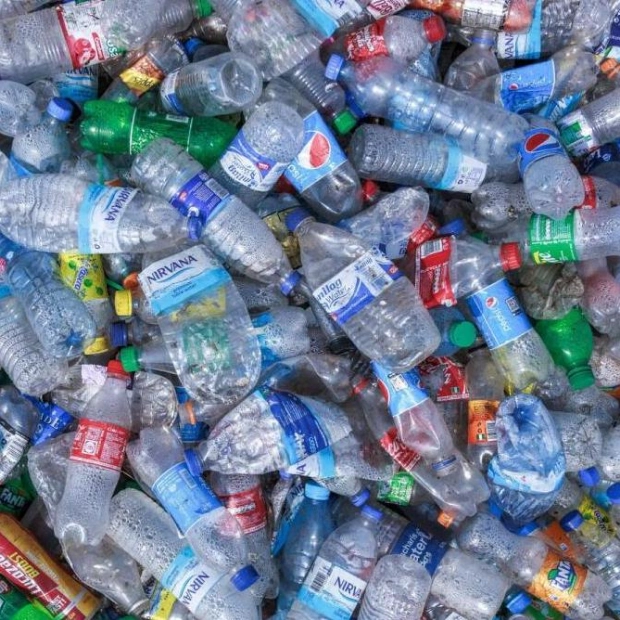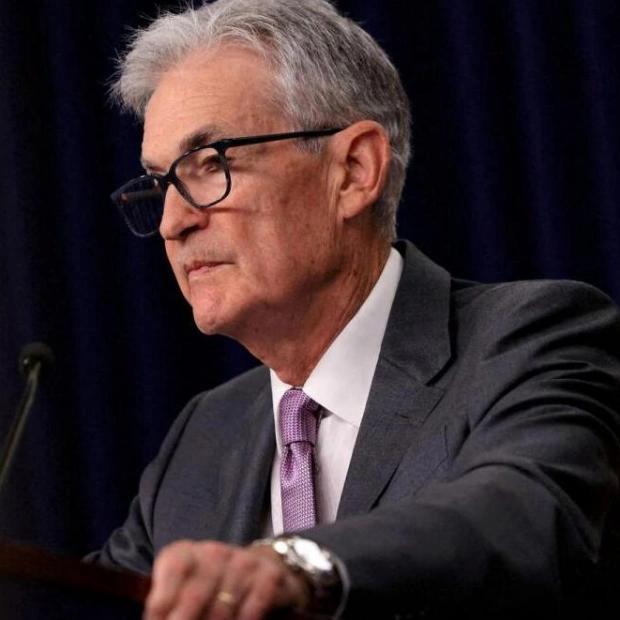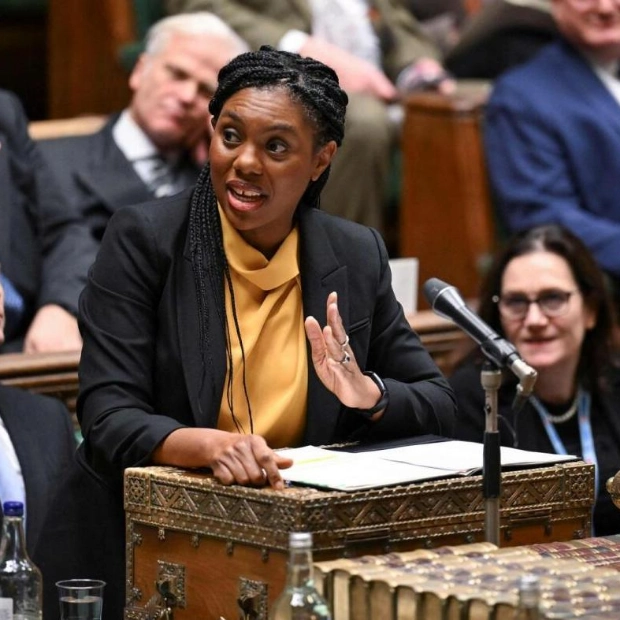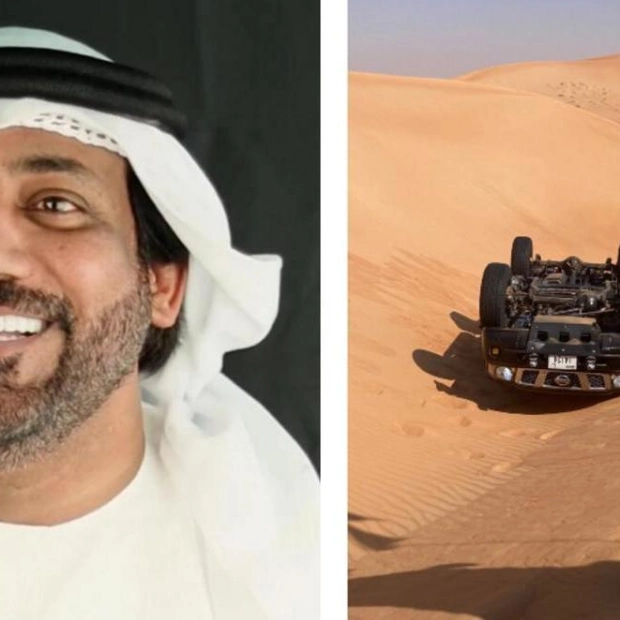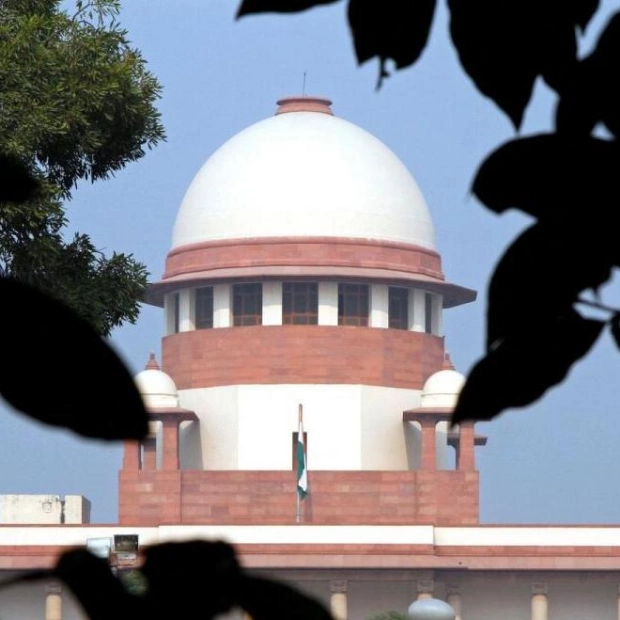Venezuelan President Nicolas Maduro and his opposition rival Edmundo Gonzalez both declared victory in the presidential election on Monday morning, amidst allegations of underhanded tactics and sporadic violence. The country's electoral authority announced shortly after midnight that Maduro had secured a third term with 51% of the vote, contrary to multiple exit polls indicating an opposition victory. The authority reported that Gonzalez received 44% of the votes, while the opposition had previously expressed optimism and urged supporters to keep an eye on the vote tally.
Maduro, addressing a crowd at the presidential palace, celebrated his re-election as a victory for peace and stability, and reaffirmed his belief in the transparency of Venezuela's electoral system. He announced plans to sign a decree for a "great national dialogue" on Monday. Fireworks lit up Caracas as drones displayed a vibrant image of Maduro above the presidential palace. Meanwhile, opposition leader Maria Corina Machado claimed that Gonzalez had won 70% of the vote, citing independent exit polls and quick counts.
Gonzalez urged his supporters to refrain from violence and street protests. A poll by Edison Research, renowned for its U.S. election polling, predicted Gonzalez would win 65% of the vote, with Maduro at 31%. Local firm Meganalisis also forecasted a 65% win for Gonzalez and a 14% win for Maduro. U.S. Secretary of State Antony Blinken expressed serious doubts about the announced results, calling for a detailed vote tabulation.
National Electoral Council (CNE) president Elvis Amoroso stated that 80% of ballot boxes had been counted, attributing delays to an attack on the electoral data transmission system. The CNE requested the attorney general to investigate these alleged terrorist actions, reporting a 59% voter turnout. The opposition claims the CNE functions as a government tool, citing restrictions on their observers.
Machado called on the military to respect the vote results, while the opposition holds copies of about 40% of voting records. She urged the military to align with the people's will, stating, "The people of Venezuela have spoken: they don't want Maduro." Despite Maduro's support from the military, there have been no public signs of dissent from the armed forces.
Machado, despite a public office ban, was a key figure in the opposition campaign, passing the torch to Gonzalez, a 74-year-old former diplomat. Gonzalez gained support from former ruling party supporters, but concerns about the fairness of the election persisted due to electoral authority decisions and opposition arrests. Maduro, whose 2018 re-election is deemed fraudulent by several countries, warned of a "bloodbath" if he lost.
Attorney General Tarek Saab reported peaceful voting except for isolated incidents. In Caracas, ruling party supporters clashed with opposition supporters outside a major voting center, with similar incidents reported nationwide. The Venezuelan Observatory of Social Conflict reported armed ruling party supporters in six states and Caracas, with one death reported in Tachira due to a polling place attack.
Reuters journalists noted morning lines at polling stations across the country, with some opening late or experiencing slow voting. Many voters arrived early, expressing economic hardships and changing political sentiments. Maduro's government faces economic collapse, mass migration, and strained diplomatic relations, exacerbated by international sanctions.
Maduro voted early in Caracas, affirming the armed forces' and police's support for the announced results. He plans to initiate a national dialogue, typically involving discussions between the government, opposition, businesses, and communities. Many supporters view Maduro as a continuation of Chavez's legacy, while others acknowledge the need for improvement but support Maduro due to sanctions and blockades.
Gonzalez and Machado promised significant changes, suggesting a fresh start could encourage migration returns. Arbitrary detentions related to the elections have occurred, with 46 people detained since Friday, according to human rights organization Foro Penal. Migrants faced registration difficulties, limiting the diaspora's voting participation.
